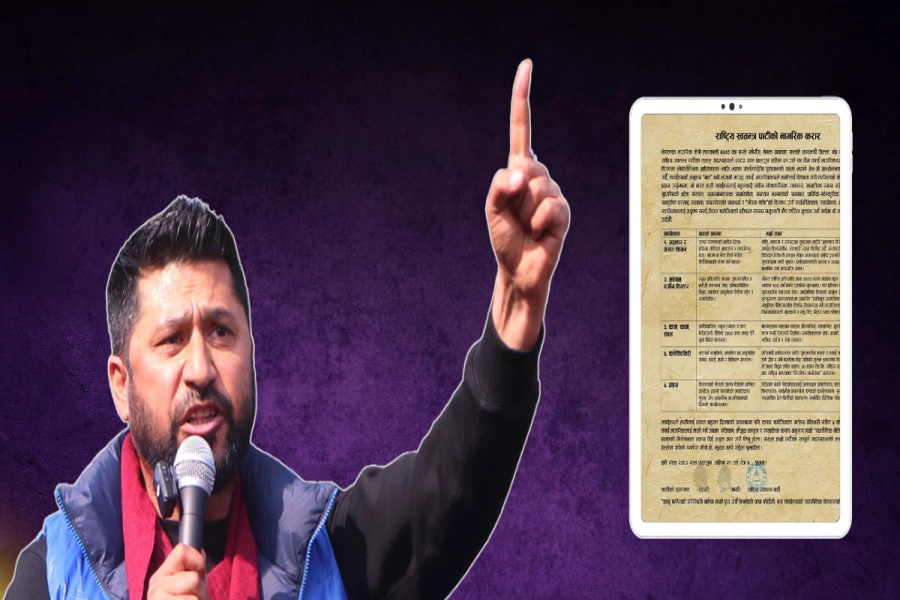With an unprecedented escalation in the rates of divorce and broken relationships, it feels imperative that we give serious attention to this mounting challenge which seems to be going awry.
In the present world, when human connection outwardly has become easy and comfortable like never before, the inward connection seems more and more to be on the verge of collapse. This disconnectedness seems to be hitting hard on our so-called intimate and romantic relationships than any other. It’s paradoxical to see that the very relationships which were supposed to give the most sought after connection and belongingness are turning ugly and toxic. Even with mushrooming numbers of marriage counselors, psychoanalysts, and support groups, the challenge has been swelling unabated. Are most of the so called intimate relationships bound to get doomed? This question warrants a serious introspection.
The problem, says Daniel Goleman in his book “Emotional Intelligence”, lies somewhere in the patterns we have set in our brains. Emotional intelligence, also called the emotional quotient is one’s capability to recognize their own emotions and those of others and manage them to adapt to environments and use them to guide an appropriate behavior. Most of the relationships and marriages begin with a period of ecstasy and high where the partners only see the fairytale version of their relationship. With the passage of time, intimate relationships bring out the deepest insecurities which can no more be hidden. This gives rise to emotional tussles, defensiveness, feeling of being deceived, lack of trust, heart breaks and a gamut of other emotions finally culminating into hatred, breakups and divorces.
Cost of pollution: Once a boon, Sirsiya River turns a bane for...

Mariannne Williamson in her book, “A return to love”, says that there is no such thing called a perfect relationship and the search for the perfect person to fix us is one of our biggest psychic wounds, and one of the ego’s most powerful delusions. The point is, nobody can probably fix us unless we ourselves learn how to fix ourselves. Not knowing this fact brings a series of demands which the other person, who is equally imperfect, doesn’t seem to fulfill, leading to bitterness, sorrow, deception, conformity and all the rest of self perpetuating emotional patterns which ultimately culminate into a failed relationship.
So what is the solution? An intimate relationship requires a serious assignment for the partners to harness emotional intelligence into themselves and their relationship. If not both, at least one of the partners needs to take responsibility to cultivate emotional intelligence and awareness. Our emotional patterns are nothing but a habit set in certain areas in our brain by repetition of situations and our reactions to them. If we need to change the existing habits of heart aches, defensiveness and aggression, we need to replace them with habits of contentment, defenselessness and active response. It was rightly said by the fourteenth century German priest Thomas Kempis that habits are overcome by habits.
But easier said than done, when actually presented into an emotionally charged situation, an active response out of acceptance of the situation can hardly be executed, and what follow are the same patterns of reactions which reinforce the existing habit loop. Therefore, in order to be aware and emotionally intelligent not to go into a reactive mode during an emotionally charged situation, it is mandatory that we practice more mindfulness and relaxation at other times of the day. One of the easily available and simple yet very powerful tools that can help us with this is our own breathing.
There is a particular pattern of breath with a particular emotion. Becoming aware of the breath and being able to modulate the rhythms of breath can bring about a significant shift in the emotional state. Research at leading institutes like All India Institute of Medical Sciences, Columbia University and Oslo University, has shown that Sudarshan Kriya and Practices (SK&P) taught as a part of the Art of Living’s life skill programs, brings about emotional resilience by significantly improving the tone of a nerve called Vagus. The Vagus nerve arises from the brain and supplies many vital structures of our body like the heart, lungs and the gut. Research indicates that a healthy well-toned Vagus nerve is crucial in experiencing empathy, connectedness, clear perception and good decision making. Overall, a good functioning healthy Vagus nerve is well correlated with emotional resilience and intelligence.
We all have experienced that whenever we’ve made decisions during times of turmoil, we’ve mostly ended up feeling regretful. Sri Sri Ravi Shankar, the founder of the Art of Living foundation says that it is in the turbulent times that peace has more value and deep within everyone has a fountain of peace which can be tapped by diving deeper with meditation and breathing techniques.
The sole purpose of relationships is to bring out the finesse in our perception and behaviors. The goal of an intimate relationship is fulfilled when the partners don’t demand perfection in the other but be more accepting toward the imperfection of oneself and the other, and from the level of acceptance arises connectedness that we all have been craving for.
Praghosh is a lecturer of Human Physiology at Gandaki Medical College, Pokhara







































